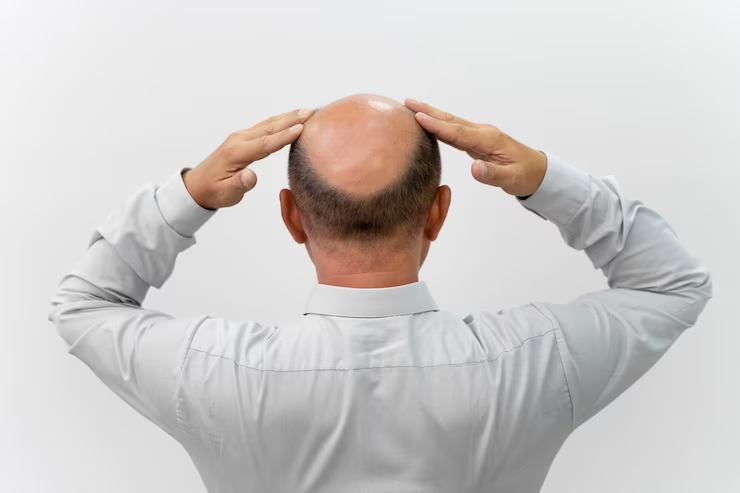Hair loss and balding can be a distressing experience for both men and women in South Africa. Losing hair can impact self-esteem, confidence, and overall well-being. Fortunately, there are various strategies and treatments available to address hair loss and promote regrowth. In this article, we will explore the causes of hair loss, common types of hair loss in South Africa, and effective approaches to address this issue.
Causes of Hair Loss:
Hair loss can occur due to a variety of factors, including:
- Genetic Factors: The most common cause of hair loss is genetics. Androgenetic alopecia, also known as male or female pattern baldness, is an inherited condition that affects both men and women. This type of hair loss typically occurs gradually over time.
- Hormonal Imbalances: Hormonal imbalances, such as those caused by conditions like polycystic ovary syndrome (PCOS) or thyroid disorders, can contribute to hair loss. Fluctuations in hormone levels can disrupt the hair growth cycle, leading to excessive shedding and thinning of the hair.
- Medical Conditions: Certain medical conditions, such as alopecia areata (an autoimmune disorder), scalp infections, and scalp conditions like seborrheic dermatitis, can result in hair loss.
- Lifestyle and Environmental Factors: Poor nutrition, stress, harsh hair care practices, and exposure to environmental pollutants can contribute to hair loss. Additionally, excessive heat styling, tight hairstyles, and chemical treatments can weaken the hair and lead to breakage and thinning.
Addressing Hair Loss:
- Consultation with a Trichologist or Dermatologist: If you are experiencing significant hair loss or balding, it is advisable to consult a trichologist or dermatologist specializing in hair and scalp health. They can evaluate your condition, identify the underlying cause, and recommend appropriate treatments or interventions.
- Medications and Treatments: Depending on the type and severity of hair loss, medical interventions may be recommended. Medications such as minoxidil and finasteride can help promote hair regrowth and slow down further hair loss. Additionally, procedures like hair transplants or scalp micropigmentation can be considered for more advanced cases.
- Scalp Care and Hair Care Routine: Implementing a proper scalp care and hair care routine is essential for maintaining hair health and minimizing further hair loss. Use gentle, sulfate-free shampoos and conditioners suitable for your hair type. Avoid excessive heat styling and harsh chemical treatments. Instead, opt for low-manipulation hairstyles that don’t put stress on the hair follicles. Keep the scalp clean and free from buildup, as this can impede healthy hair growth.
- Nutritional Support: A well-balanced diet rich in vitamins, minerals, and essential nutrients is crucial for healthy hair growth. Ensure you are consuming adequate protein, which is a building block for hair. Incorporate foods like fruits, vegetables, whole grains, lean proteins, and healthy fats into your diet. If necessary, consider supplements such as biotin, zinc, and vitamin D, under the guidance of a healthcare professional.
- Stress Management: Chronic stress can contribute to hair loss. Engaging in stress-reducing activities like exercise, meditation, and relaxation techniques can help manage stress levels and potentially reduce hair loss.
- Supportive Hair Care Practices: Opt for hair care practices that promote hair health, such as using wide-toothed combs or brushes with soft bristles to prevent hair breakage. Avoid excessively tight hairstyles, which can pull on the hair and lead to traction alopecia. Be gentle when detangling or styling your hair to minimize damage.
Remember, addressing hair loss and promoting hair regrowth takes time and patience. Results may vary depending on the individual and the underlying cause of hair loss. It’s essential to consult with a healthcare professional to determine the most suitable course of action for your specific situation.
In conclusion, hair loss and balding can be a challenging issue to navigate, but there are effective strategies available to address it. Whether through medical interventions, scalp care, lifestyle changes, or a combination of approaches, South Africans can take proactive steps to combat hair loss and restore their confidence in their appearance.










